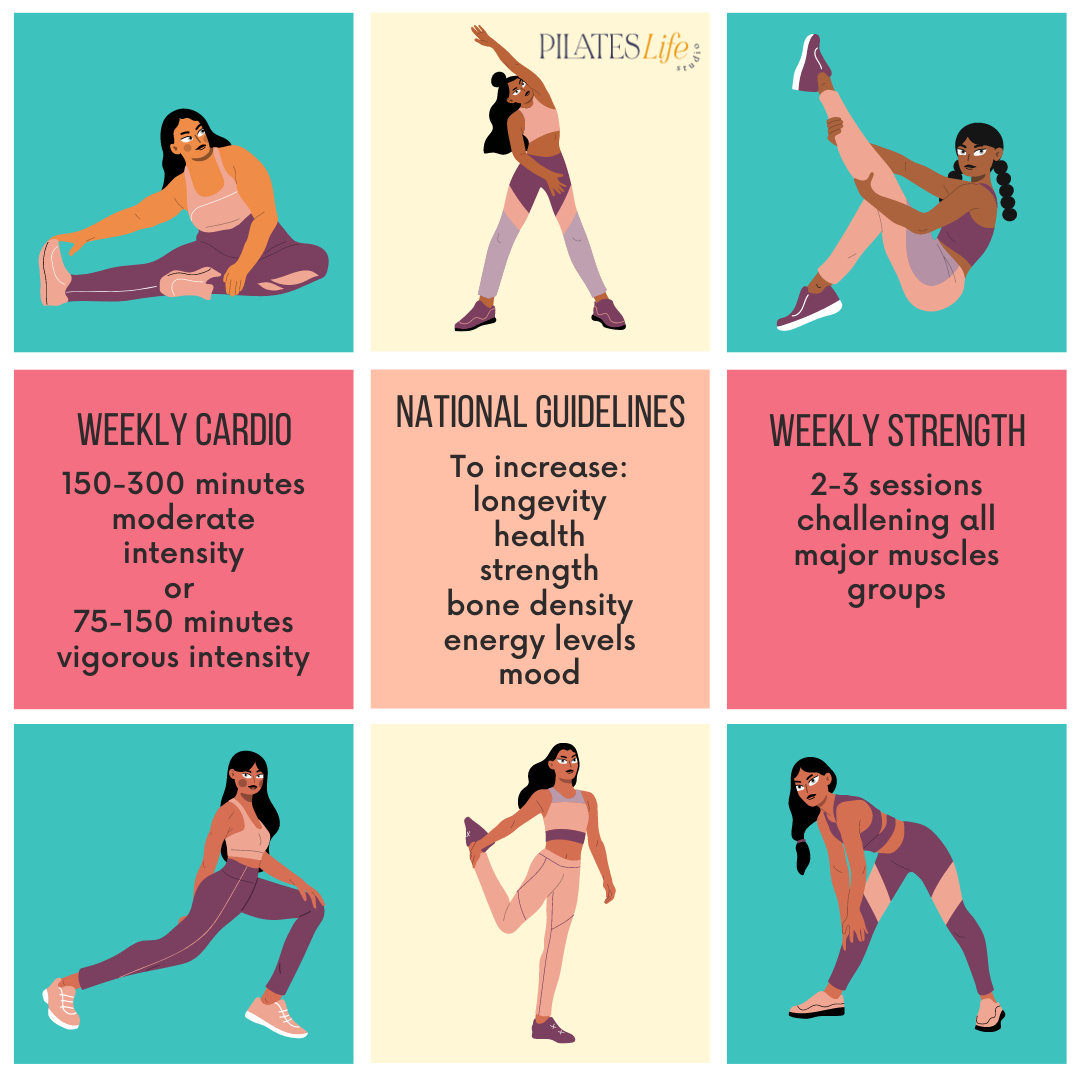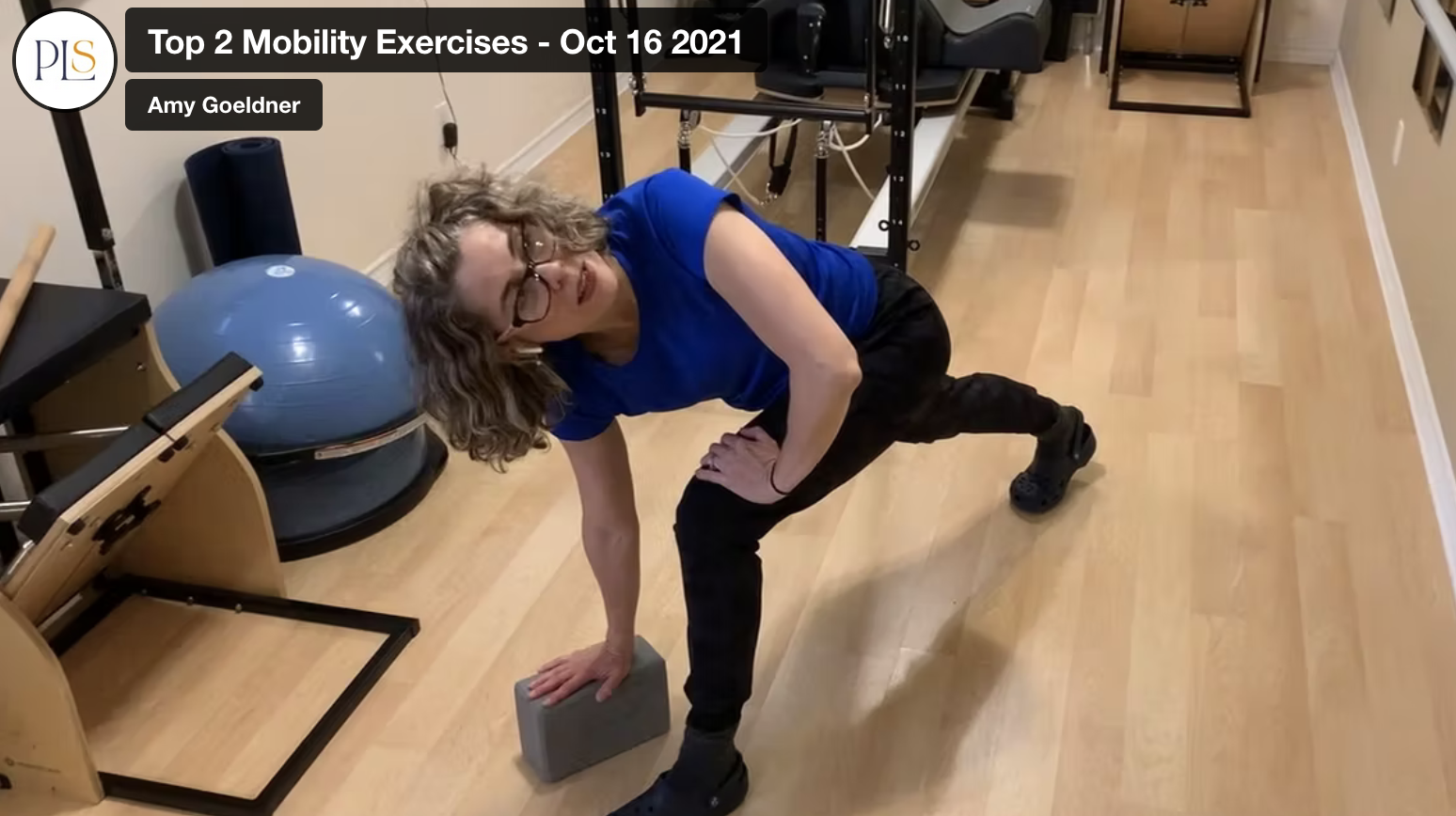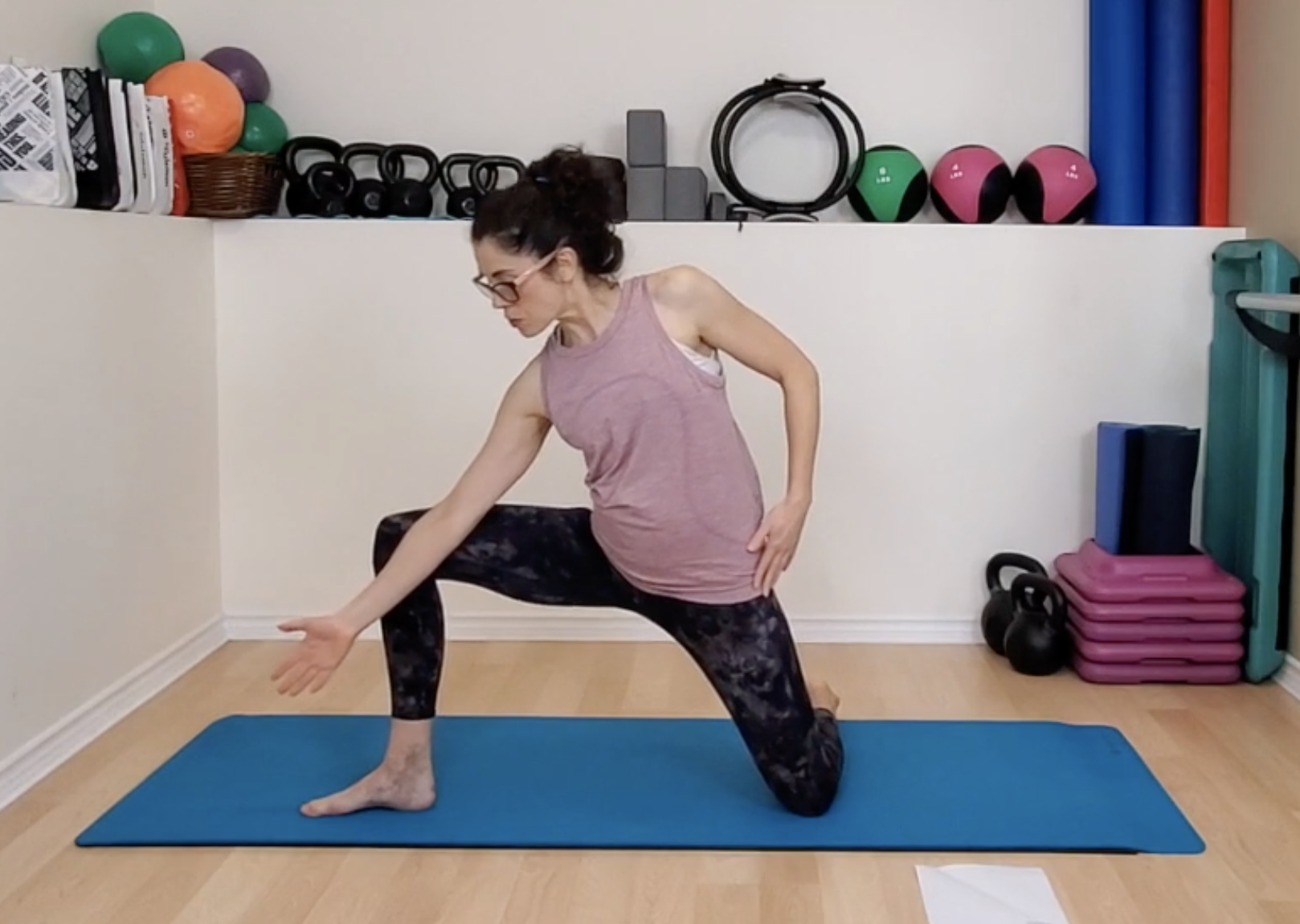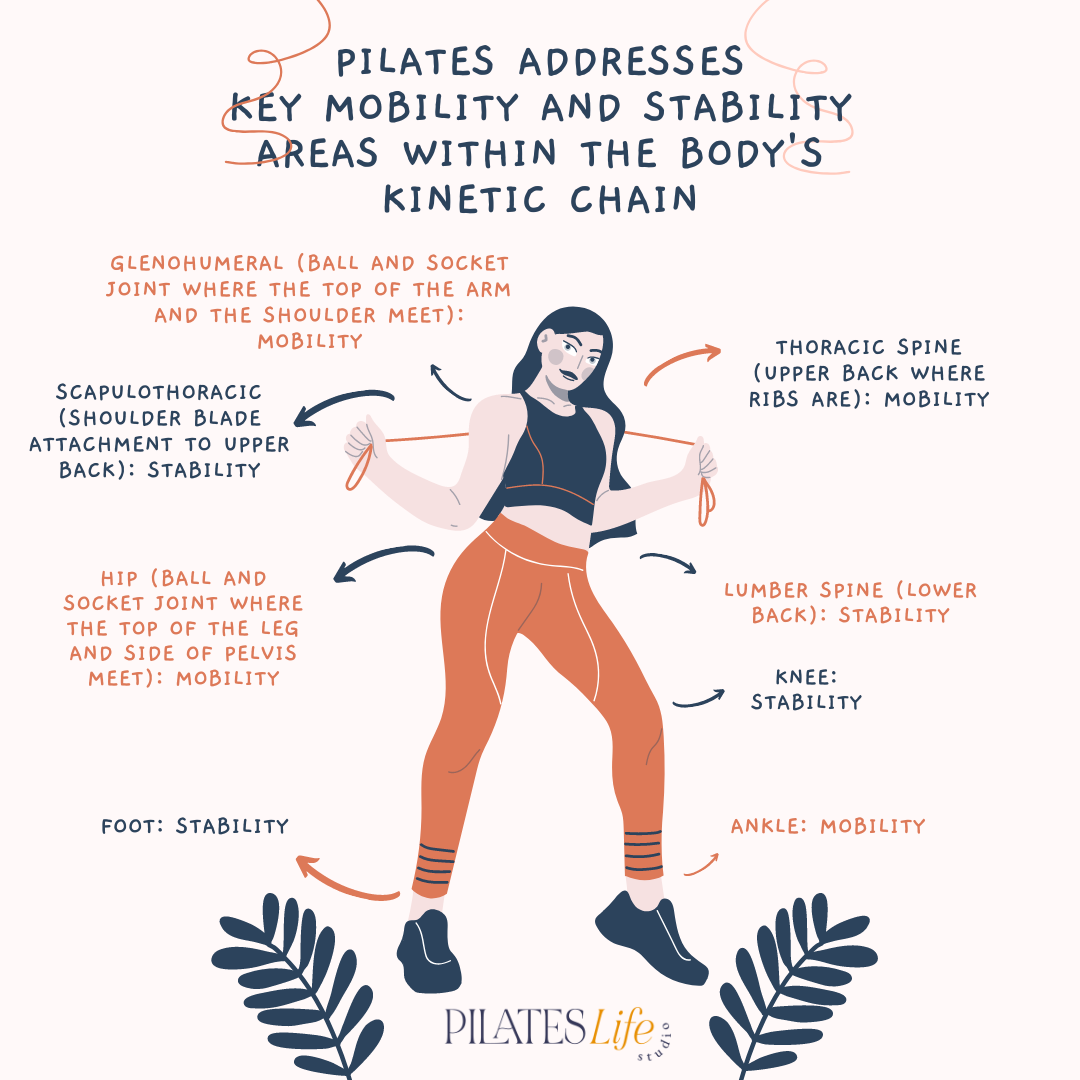
Blog

National Exercise Guidelines
All recommend the same amount of exercise to increase our mood, bone density, lean muscle mass, cognitive function, and sleep quality, and to decrease risk of certain cancers, type 2 diabetes, depression, anxiety, chronic pain, inflammation, cardiovascular disease, and blood pressure.
Exercise is like healing medicine for our bodies. Amazing stuff right?!

Slow Metabolism to Blame?
According to a new study from the peer-reviewed Science Journal our metabolism really doesn’t change from age 20 to 60, and even after 60, your metabolism declines only 0.7% per year. So what is the cause for our weight gain as we age? Well…it’s multi-factorial.

Mobility decreases with age – but it doesn’t have to
Two major areas that don’t move as easily as we get older are our trunk (aka upper back & core) and our shoulders.
But the good news is, just as you can continue to build and strengthen your muscles as you get older, practicing flexibility and mobility exercises can keep you feeling limber.

The Importance of Exercise Recovery: Step 6 Sleep Hygiene
Sleep Hygiene is a set of routines that help us to have a deeper and longer sleep. Optimizing sleep schedules, pre-bed routine, and daily routines are all part of creating habits to develop quality sleep for ourselves.

The Importance of Exercise Recovery: Step 5 Nutrition
In this post I explain how what we eat (whole foods) and what we don't eat (processed foods) are equally important.
What we eat is so critical for our exercise recovery. I could write a book on it...well many people have. I am going to stick to the basics for this post.
The Importance of Exercise Recovery: Step 4 De-Stress Techniques
A quick and easy way is when you feel yourself getting stressed and life just seems to be getting too busy and chaotic, take out 3-5min and breathe. I have attached a short breathing video you can use to calm down your nervous system.

The Importance of Recovery: Step 2 Stretching and Step 3 SMR
My fave way to stretch? Dynamicially: meaning a slowly moving the joint in large ranges of motion for a certain period of time. Check out the video below for a 10 minute lower body dynamic stretch.

The Importance of Exercise Recovery: Step 1 Strength Training
The first practice I list is strength training, which at first may seem like a funny activity to put in a list about ways to recover from exercise. And while strength training doesn’t directly help our bodies recover from bouts of exercise, what it does do is far more important. Strength training lays the foundation to building a highly functional body. In the end this helps your body perform optimally so that it eases the demands on the body when you exercise, so less recovery is needed.

The Importance of Exercise Recovery
Exercise recovery is more than just resting after a workout. In this article I go over a few important practices that can help increase your body’s ability to recover from exercise.
Within the body there is a constant play of stability and mobility. Certain areas in our body function best when strong and stable and other parts of the body function best with more range of motion.

Registry Tracks Successful Losers of Weight
The National Weight Control Registry is a database that tracks successful "losers" of 30lbs or more and who have maintained that loss for over one year. ACE's book writes that this registry "has uncovered an abundance of tried and true tips to help people lose weight and keep it off".
